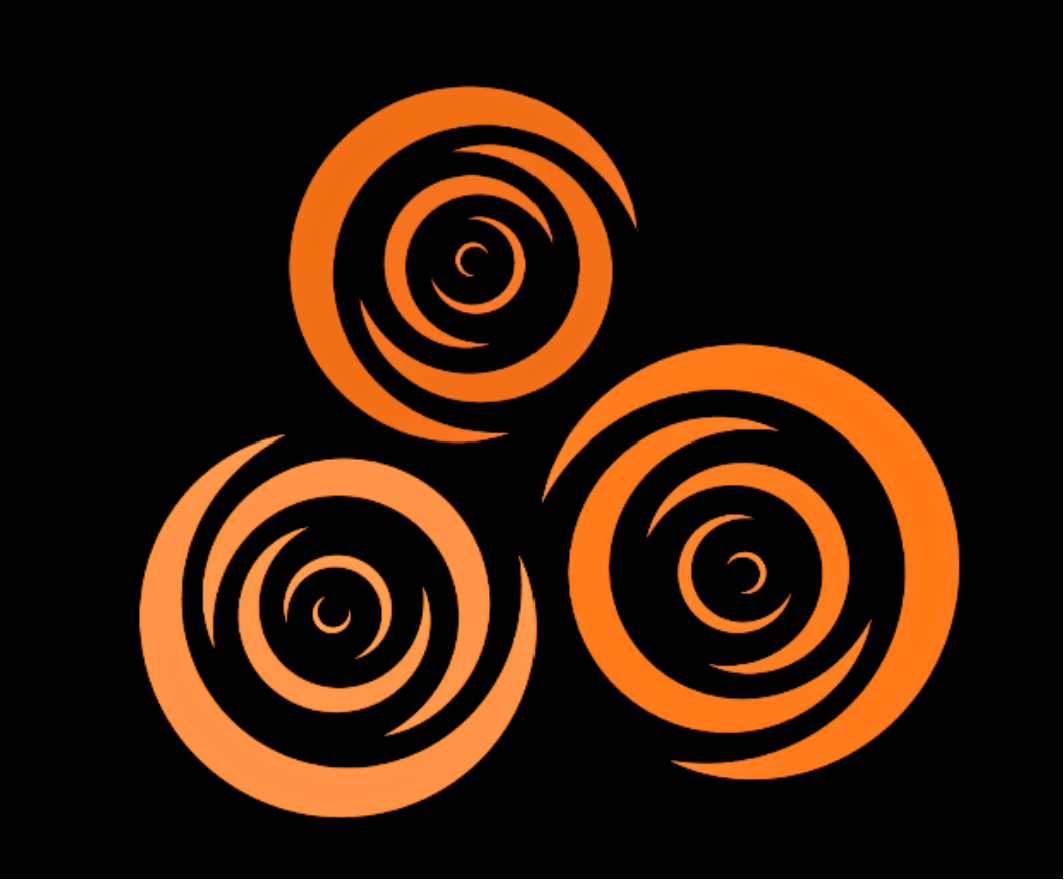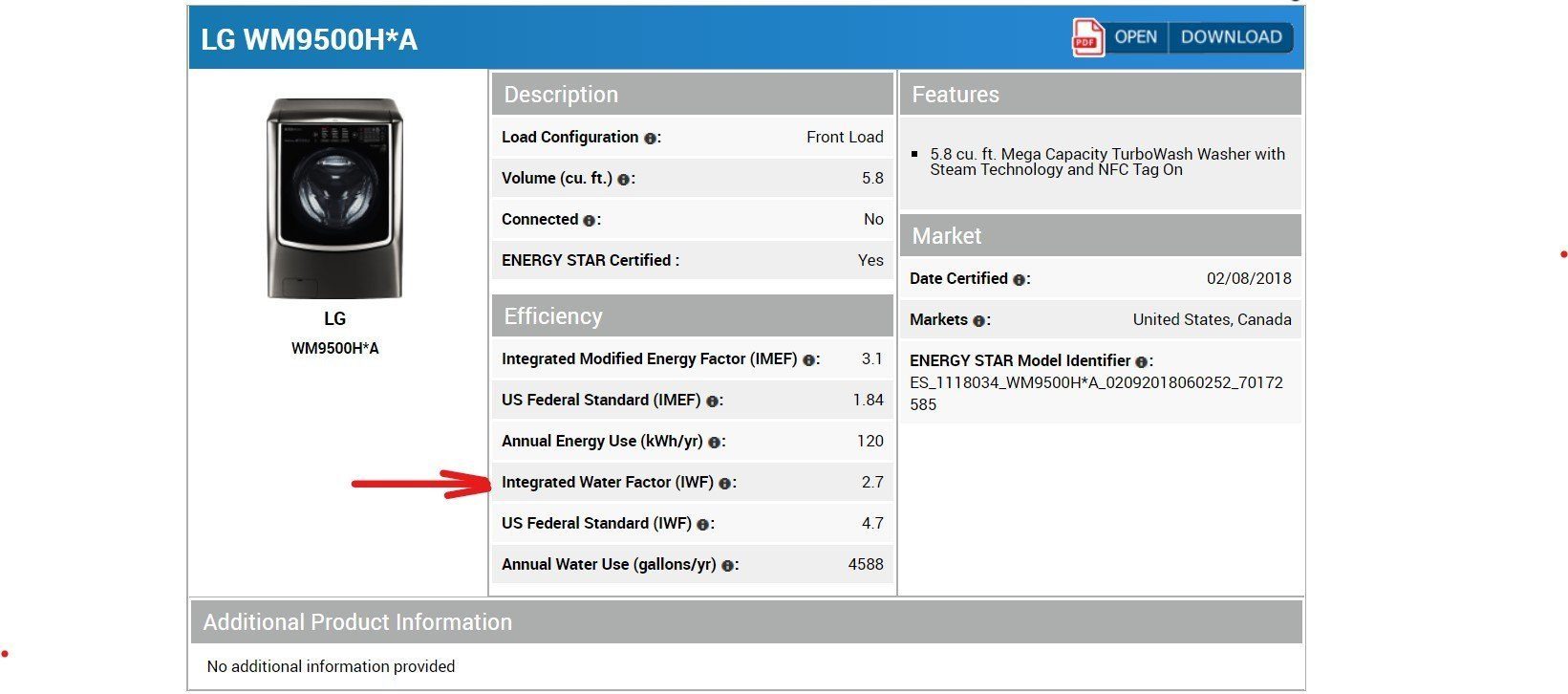How to Use a Washing Machine to Save Water & Money

Its All About Water
Everyone uses a washing machine not unless you are a full-time nudist which is a entirely different post altogether… ba dum tss, thank you I am here all week!
Seriously, a washing machine is one of those appliances that we use and possibly abuse without much thought as to if we are doing it correctly.
If you are familiar with this blog, you know that I am obsessed with water and the proper management of it. I have written about it a lot and will return to it over and over.
Everything is affected by water.
Efficiently doing your laundry is not hard to do. It's simply requires you to make some intentional decisions about your laundry habits so you minimize your water use.
Here are 10 tips that will help you use your washing machine to save water and money.

Using the Correct Washing Machine
The average life expectancy of a washing machine is 11 years so if you have a machine older than 10 years you are approaching the end of the life cycle of your machine. A new machine can cost between $250 and $2,000 depending on the manufacture and options offered.
Front Loading Machines
According to the U.S. Environmental Protection Agency (EPA) a standard washing machine uses 41 gallons of water per load. However, by switching to a new highly efficient, front loading machine you will be using less than 28 gallons per load resulting in a saving of 6,000 gallons per year for the average family. A front-loading machine use's only a fraction of the water that top loading machines do because they utilize the natural force of gravity to create a gentle tumbling action.
A front loading washing machine can save 6,000 gallons of water per year for the average family
The Water Factor Rating
This rating is an important metric to help guide you in selecting a new machine. The rating is based on the load capacity of the washer. The lower the rating number the more efficient the machine is. You can check out the EPA’s EnergyStar website that lists and rates the highest efficiency machines currently available


Use the Correct Settings
Newer machines have built in settings that help you reduce the amount of water your machine uses to wash a load. Take the time to familiarize yourself with your machines user’s manual to learn what options your machine has.

Pre-Treat Stains to Avoid Rewashing Clothing.
There is a plethora of different kinds of stains and multiples of ways to treat them.
Take the time to research the best treatment for the stain your dealing with and thoroughly treat the stain before washing it.


If you don't, you will be tempted to wash the garment again but you'll see little or no difference in the results. In many cases, you will lock the stain in for good.

Wear Your Clothes and Towels More than Once
This tip makes total sense to most people, but to others they must absolutely wash a piece of clothing or towel after only using it once. If you are washing items only after one use, please consider increasing the number of times you wear or use an item before washing it.
Additionally, besides wasting water, washing clothes too often prematurely wears them out and can fade their color. Usually the biggest concern is smell so if you have stinky clothes of course throw them in the washer nobody wants to be around people who smell bad.
In the case of towels, especially if you are using them to bathe, they are absorbing clean water off your body, so they are not technically dirty, just wet. Make sure you have a good place to hang the towel, so it fully dries by the next time you need to use it. Usually washing towels one a week is sufficient.

Check for and Fix Leaks Regularly
The average household's leaks can account for nearly 10,000 gallons of water wasted every year. Obviously, not all this loss comes from the laundry room, but you should regularly check for and repair leaks immediately when you find them.
Leaks result in 10,000 gallons of water wasted annually

Does Hand Washing Clothes Save Water?
Yes but…
Usually washing your clothes by hand is typically reserved for delicate fabrics. Handwashing your clothes uses considerably less water than your machine does, but typically it requires warm water, so your hot water heater will be put into use thus consuming energy and money.
Just remember to:
Fill your sink with as little water as possible
If you put too much water in the sink it may overflow when you add your garments therefore requiring draining some of the water off.
Wash Several Garments at Once
Make sure to gather all the clothing you want to wash and use the same soapy water for all your garments.
Shut the Faucet Off
When rinsing your garments turn the water off when you are wringing and laying them out to dry.

Use concentrated Laundry Soaps
There are a plethora of eco-friendly concentrated soaps to choose from. In our household we use a Natural Laundry Detergent from Puracy.
It does an excellent job cleaning our clothes and because its concentrated a little goes a long way. No matter what brand you use please make sure it is concentrated and eco-friendly.

Use a Laundromat
This may seem like a weird idea but if you are an apartment dweller and want to help the planet its actually a good idea.
The primary way a laundromat helps save water is that the larger capacity machines allow you to get more laundry done per load only using slightly more water than a residential machine.
Another reason to use a laundromat is the rise in the use of recycled greywater. This is not a trend that has happened across the boards but is something that is staring to appear in arid places where water is scarce. Orenco Sytems is an example of a company that specializes in commercial greywater systems that can be specifically designed for laundromats.

Insulate Your Hot Water Tank
If you want your hot water tank to function at peak efficiency it needs to be insulated so that it requires less energy to bring it up to and maintain temperature.
Insulating your hot water tank can reduce standby heat losses between 25%–45% and save you approximately between 7%–16% in water heating costs.
Insulating your hot water tank can save you approximately 7%–16% in water heating costs

Insulate Your Hot Water Tank
Install a Rainwater and/or Greywater System – These may seem like extreme actions to take but we are facing an extreme water crisis. Personally, I would like to see the installation of these systems as standard in every house across the planet
Rainwater Harvesting System (RHS)
Think of a RHS as a source for clean water instead of using fresh water. There are a lot of variables that go into designing, installing and maintaining a RHS. If you would like to learn more, you can check out my book; Rainwater Harvesting & Use Understanding the Basics of Rainwater Harvesting.
Greywater Harvesting Systems (GHS)
Think of a GHS as a reuse of water captured from the laundry, sink and shower. Instead of using fresh water to irrigate your yard you can capture water from your washing machine to irrigate your yard with it. You can check out my blog post; What is a Greywater System to learn more.
Let’s Not Fight
It all the little things we do that make a difference. Water is a precious commodity that experts say future wars will be fought over. As climate change causes rivers, lakes and streams to dry up nations will fight over the remaining freshwater sources.
In Steven Solomon's 2010 book Water: The Epic Struggle for Wealth, Power and Civilization, Solomon puts forth the argument that water is surpassing oil as the world's scarcest resource. Solomon goes on to state that much of the planets 2.5% fresh water supply is locked away in glaciers and is completely inaccessible to most of the planet’s population.
Much of the planets 2.5% fresh water supply is locked away in glaciers and is completely inaccessible to most of the planet’s population.
This Should Give All of Us a Reason to Be Concerned.
A study from the European Commission's Joint Research Centre (JRC), supports Solomon’s claims that climate change combined with the exponential growth of the planets population is going to spark severe struggles over the increasingly scarce resource of fresh water. This is predicted to lead to regional instability and social unrest.
You are probably just looking to save a little water and money when doing your laundry but it’s crucial we remember every drop counts, treat water like money and use it wisely.
Check out my other post on Hand Washing Dishes vs The Dishwasher and What is a Greywater System to learn about other ways to save water and money.
I would love to hear your feedback so please leave any comments or questions you have in the comment section below.

